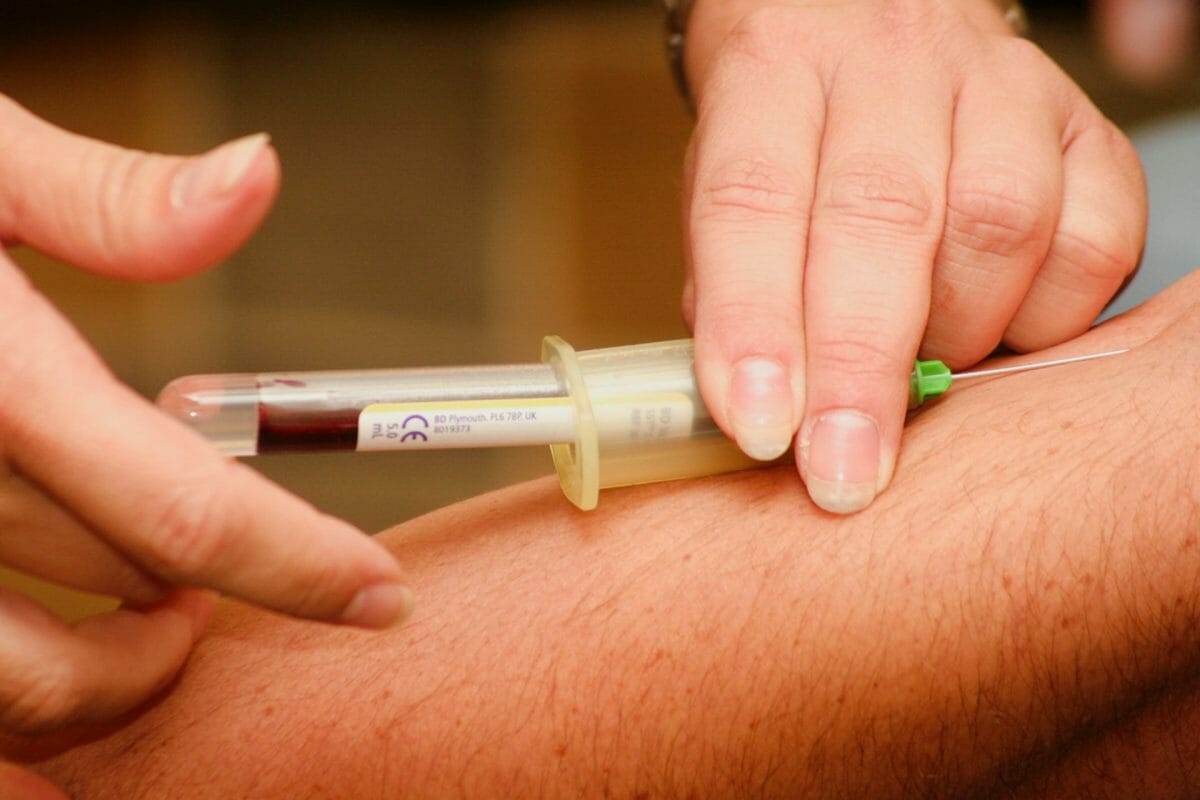Drug or substance abuse is a serious problem that can have life-threatening effects if left untreated. Detoxification is one of the treatment methods that can be used to eliminate toxins from your body, and it usually takes hours, or even days depending on the severity of the condition.
Sudden withdrawal from drugs can even be fatal, and this is why you should seek help from an experienced medical professional. There are different types of treatment programs you can consider depending on your condition. Keep on reading to learn what sub-acute medical detox is and how it can help you.
What is Sub-acute Detox?
Sub-acute treatment is specifically meant for people undergoing recovery, but with less severe withdrawal symptoms. This treatment option is different from a full detox where the patient displays more serious symptoms. The good thing about sub-acute detox is that it requires less medical supervision, and it can be done at home. If you are in a better mental state and your problem was caused by less harmful drugs, you can enjoy the freedom of undergoing treatment at your own pace. The treatment session can take a few hours, days, or weeks.
Treatment Plan
Sub-acute medical detox is specifically meant for people with manageable symptoms to help the body become substance-free. There are different types of treatment programs available, and you can click here to learn how each plan works. Special medications are used to prevent the side effects of the detoxification process and help the body recover.
People eligible for sub-acute medical detox programs are low-risk, and the treatment program requires less intensive activities. For someone who experiences more intense withdrawal challenges, a longer treatment session is recommended, so they can maintain their sobriety when they complete the detox. Every treatment plan is tailored to suit the individual needs of each patient, and they usually differ as a result of various factors.
Participants
When you display a sub-acute condition, your life may not be in immediate danger, but you still need to participate in an appropriate program. If you have no mental health issues and your withdrawals are manageable, you can participate in the program. When you seek professional help, your doctor will assess your condition and decide the level of treatment you should get.
Where to Get the Service?
Before you get any type of detox, you need to be evaluated by a medical professional to check your current mental state, drug and medical history as well as other existing conditions. Urine, blood, and breath tests are conducted to determine the substance in your body in order to help the professionals prescribe the necessary sub-acute detox. The patient becomes stabilized when they first begin to undergo the treatment.
If you display less severe symptoms, you will be admitted into a sub-acute medical detox, and this does not require continuous medical supervision. The treatment can occur in a residential detox facility, outpatient program, or doctor’s office. You will get therapy to help you get through the recovery process. When you choose a residential treatment program, you will get more support. The main benefit is that you can get treatment at your own pace, and privacy is respected. Addiction is often associated with stigma, and this affects the victims in many ways. When you go through rehabilitation in the comfort of your home, you can overcome this challenge easily.
Benefits of Withdrawal
Some drugs can be extremely dangerous when experiencing acute withdrawal symptoms, and they can even be life-threatening. For example, opioids mainly cause flu-like withdrawal symptoms such as vomiting, diarrhea, and sweating which lead to dehydration. When you experience these symptoms, you need to get medical attention to prevent the problem from worsening.
Stimulants such as cocaine usually cause symptoms like anxiety and depression. When you get medical treatment, withdrawal can be challenging, but once you get help, you can overcome the urge to use the substance. Many people often face problems during their journey to recovery, but once they get treatment, they can live happily once again. Your healthcare provider will help you take the necessary measures to avoid relapsing which preserves your mental health in the long term.
Addiction is a complicated problem that requires different treatment options. The treatment needs of individuals will differ, so it is important that you follow specific instructions from your doctor. For instance, sub-acute detox depends on the severity of your addiction, and it is often prescribed to people with fewer or less impacting symptoms of addiction. During the treatment process, the patient must be monitored by a doctor, and this can take many days.



